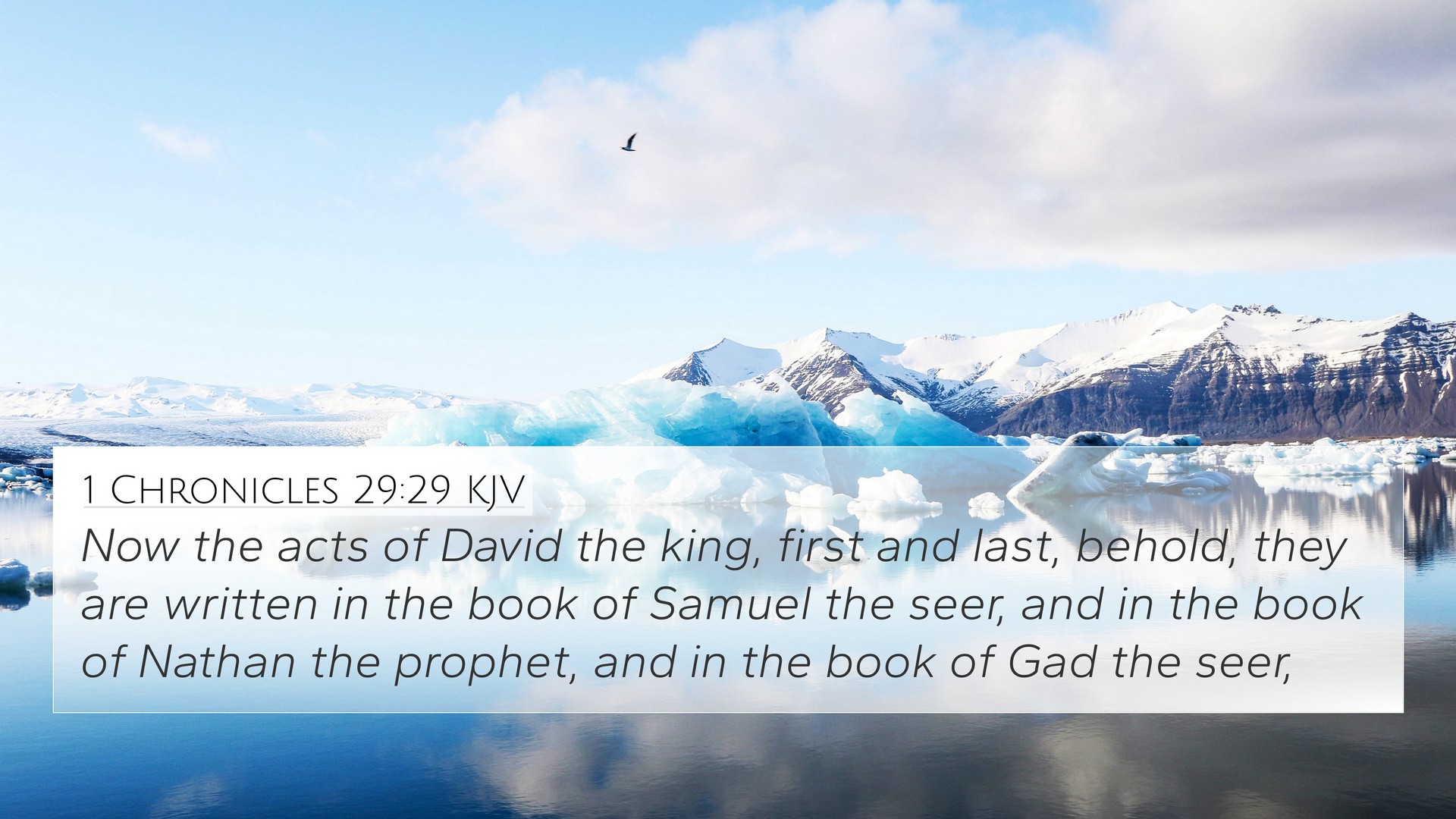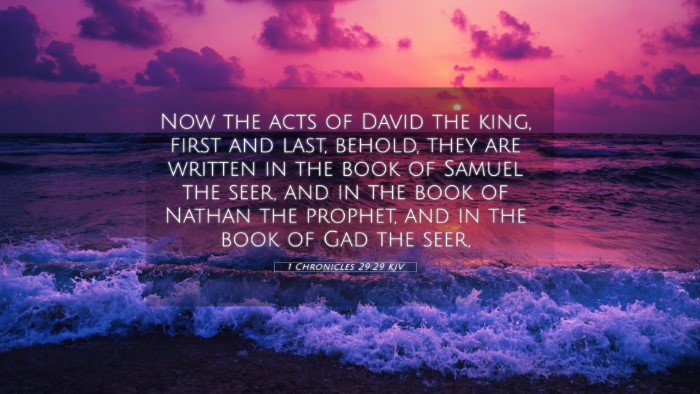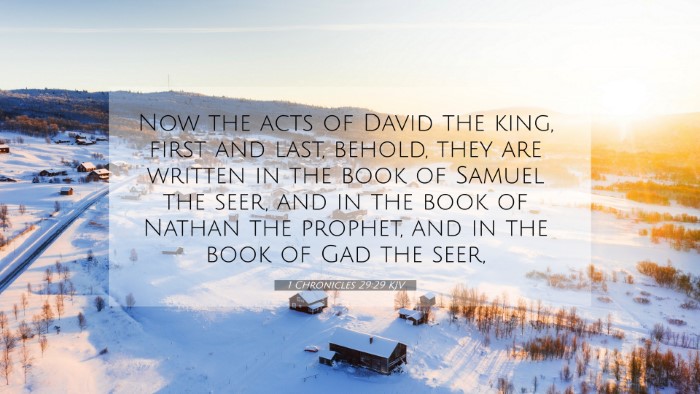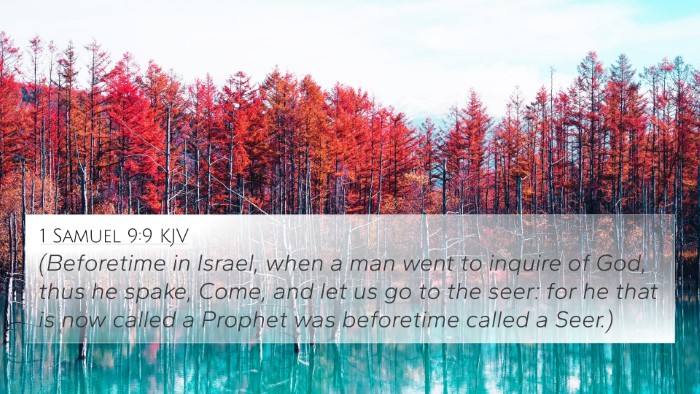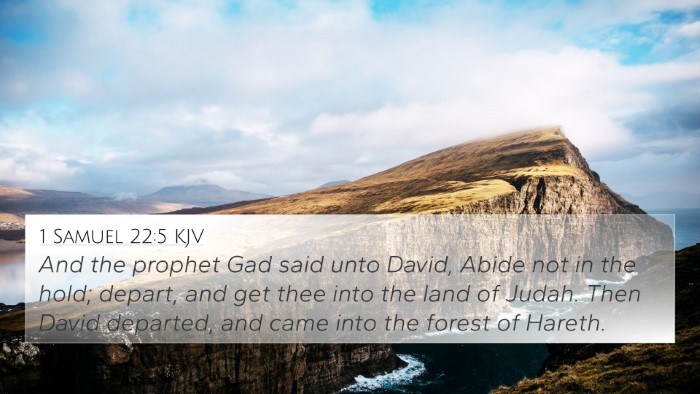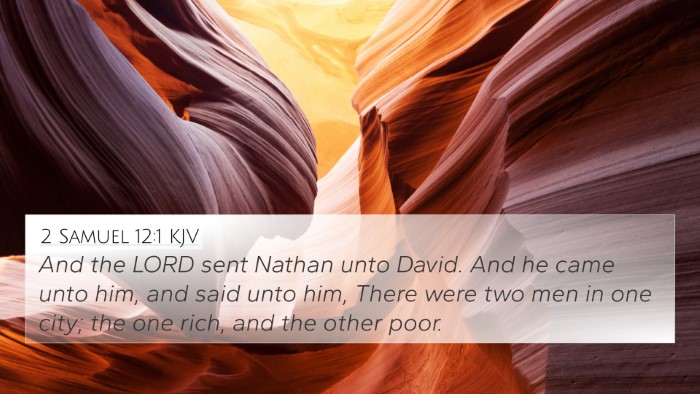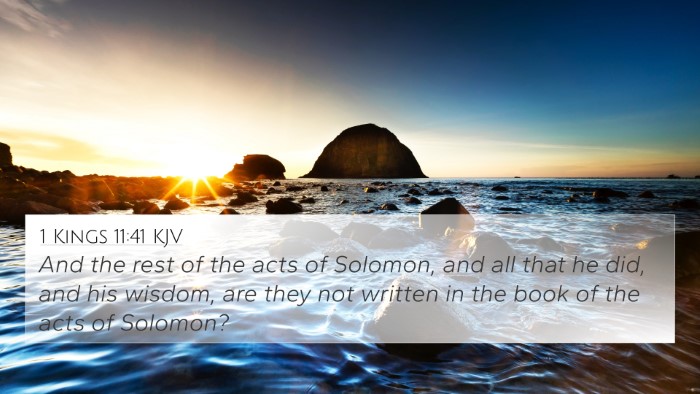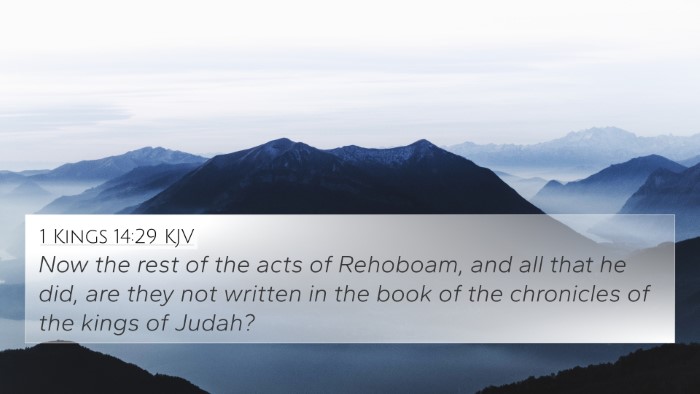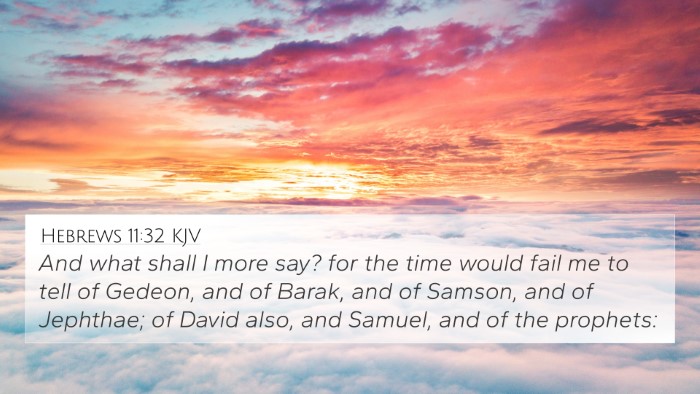Understanding 1 Chronicles 29:29
Bible Verse: "Now the acts of King David, first and last, behold, they are written in the book of Samuel the seer, and in the book of Nathan the prophet, and in the book of Gad the seer." (1 Chronicles 29:29, KJV)
Summary of Meaning
The verse presents a concluding remark about the historical accounts of King David's reign. It indicates the authorship of these records, acknowledging the prophetic contributions of Samuel, Nathan, and Gad, thus suggesting multiple sources of validity for the accounts of David's life and reign.
Commentary Insights
-
Matthew Henry: In his exposition, Henry emphasizes the significance of divine providence in recording David's acts. He notes that the mention of the three prophets underlines the importance of having divinely inspired testimonies about the accomplishments and actions of the king, providing a richer historical context.
-
Albert Barnes: Barnes highlights the credibility of the historical accounts that align with God's purpose and direction. He explains that calling upon seers and prophets to document history demonstrates God's involvement in the leadership of Israel through David, who was a man after God’s own heart.
-
Adam Clarke: Clarke points out the importance of the sources named; each brought a unique perspective to David's kingship. His focus is on the weight that this adds to the scriptures, affirming that they were not merely historical but had theological significance, showcasing God's grace and guidance.
Connections to Other Bible Verses
This verse can be cross-referenced with several key passages that illuminate its context and overarching themes:
- 2 Samuel 23:1-2: Here, David speaks as the anointed king, showcasing his role and the Spirit of God resting upon him.
- 1 Samuel 16:13: This verse highlights the anointing of David by Samuel, marking the beginning of David’s divine appointment.
- Acts 13:22: Apostle Paul reflects on David as a man after God’s own heart, reinforcing David's special relationship with God.
- 1 Kings 2:10-12: It gives an overview of David's death and the transition of power to Solomon, emphasizing his legacy.
- Psalm 78:70-72: This psalm reflects on God choosing David to lead His people, illustrating the historical role of David in shepherding Israel.
- 2 Chronicles 5:1: It discusses the preparations for worship and the significance of the temple, which David wanted to build but was completed under Solomon.
- 1 Samuel 9:16: God's directive for Israel's leaders through David illustrates the selection process emphasizing obedience and divine will.
- 1 Kings 11:4: Highlights the consequences of turning away from God's commands, contrasting David's initial faithfulness with later developments in Israel's history.
- Luke 1:32-33: Relates to Jesus’ lineage being tied to David, affirming the prophetic nature of David's reign in the context of Christ's coming.
- Jeremiah 23:5: Prophecy concerning the righteous Branch from David, which signals the Messianic fulfillment in Jesus.
Thematic Connections
This passage underscores key themes in the Bible, including:
- Divine Providence: God's guidance throughout Israel's history, as noted in the recorded accounts.
- Leadership and Legacy: The role of kingship in Israel and how David's legacy impacts future generations.
- Divine Authority: The corroboration of prophetic insight in understanding historical events—showing God's sovereignty.
Practical Application
For the modern believer, this verse invites reflection on:
- The Importance of Scripture: Understanding the historical context aids in grasping theological truths.
- Legacy of Faith: Considering how one’s life actions contribute to a lasting impact on future generations.
- Prophetic Voice in History: Recognizing God’s continuous guidance through appointed individuals and scripture.
Conclusion
1 Chronicles 29:29 serves as a reminder of God's faithfulness in documenting the history of His people through chosen vessels. By referencing various sources, it emphasizes the importance of living in accordance with divine guidance and the impact of our lives in the grand narrative of God's plan for humanity.
Tools for Bible Cross-Referencing
To explore deeper into the connections between Bible verses, one can utilize:
- Bible concordances for locating relevant passages.
- Bible cross-reference guides that illustrate thematic links.
- Study Bibles equipped with cross-references to enhance understanding of scriptural dialogue.
